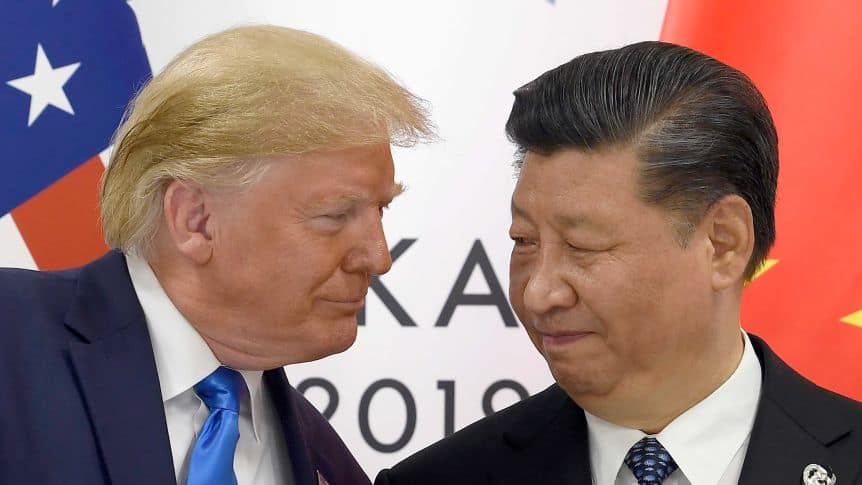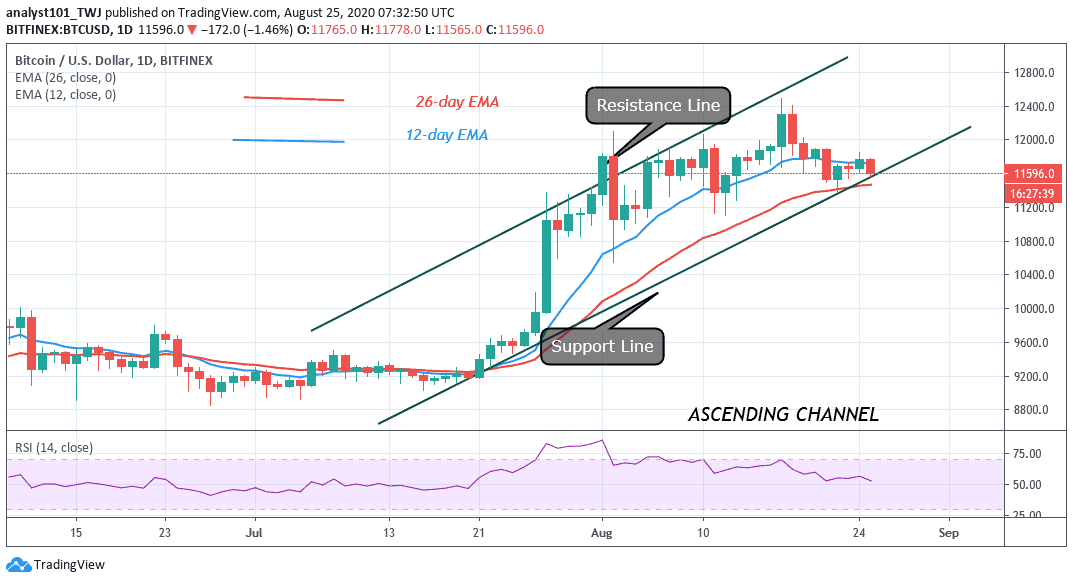Join Our Telegram channel to stay up to date on breaking news coverage
Although they’d never particularly admit it, the United States and China have been involved in a significant war over technology for at least the past decade. Both countries have taken calculated moves to try besting the other, with the conflict now stretching to other parts of their economies. Chris Larsen, a top blockchain executive, recently weighed in on who he believes is holding the upper hand.
Digital Payments is The Key
Last weekend, Larsen, who co-founded blockchain development firm Ripple Labs, published an article on The Hill. In it, he explained that the United States and China are locked in a conflict over technology. Sadly, things aren’t going Uncle Sam’s way.
Being a blockchain expert, Larsen focused most of his article on the industry. In part, he explained that China has been able to one-up the United States based on its acknowledgment of digital payments and their significance. Exhibiting his point, he noted the dominance of companies like WeChat Pay and Alipay.
Currently, Alipay and WeChat Pay are more than industry behemoths in China’s digital payments sector. They essentially own the entire market. Last month, a Reuters report estimated that both companies own 55 and 39 percent stakes in the country’s mobile payments sector, respectively.
Larsen explained that the Asian superpower is now on the cusp of launching a Central Bank Digital Currency (CBDC). However, he also conveniently leaves out the point that China might be using its asset to crackdown on these companies’ dominance.
Earlier this month, the Financial Times reported that the Chinese government is hoping to use its CBDC as a means of loosening the companies’ grip on its payment sector. The report corroborates that of Reuters, highlighting that the Peoples’ Bank of China had requested a probe into the two companies from the State Council’s antitrust committee. The Central Bank reportedly believes that Alipay and WeChat Pay have used their size to stifle growth in the industry — as evidenced by their significant market share.
Hong Kong Expansion
Whether or not China plans to use its cryptocurrency to crush industry behemoths, Larsen has a point. Many have pipped the upcoming digital yuan to break the dollar’s hegemony and possibly replace it as the global reserve currency. The fact that the United States doesn’t have a concrete plan for a digital dollar puts it at a disadvantage.
It’s worth noting that a digital dollar could be a possibility soon. Last week, Lael Brainard, the Governor of the Federal Reserve Bank of Boston, said in a speech that her bank would develop and test a possible CBDC with the Massachusetts Institute of Technology (MIT). However, the research process for such an initiative alone will run for years.
Larsen also pointed to the fact that China is currently working on expanding its influence in Hong Kong. This month, local news source Southern Daily reported that China’s government would include Hong Kong’s Greater Bay Area in its digital yuan plans. The Greater Bay Area includes nine regions, all of which have a combined population of 69 million and a GDP of almost $1.5 trillion. As Larsen explained, China’s potential control of two financial hotspots is another added advantage.
Join Our Telegram channel to stay up to date on breaking news coverage


